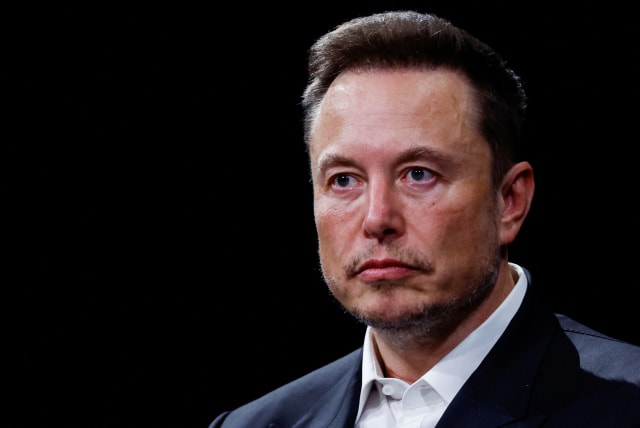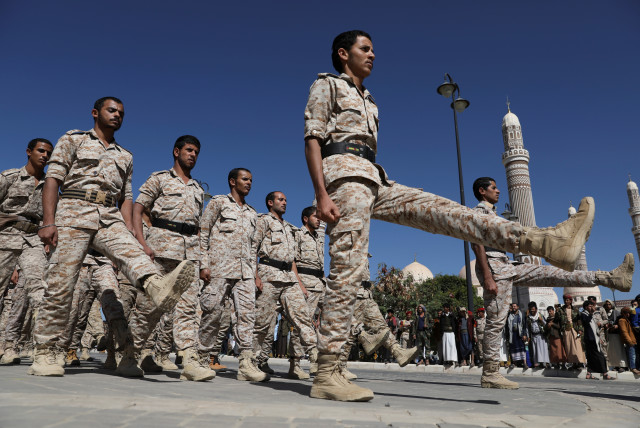Elon Musk shocks 'X' by granting verification to terrorists

The project also uncovered that the company provided verification badges to accounts linked with Hezbollah members while charging the standard fee of $8 per month.
Elon Musk approved the blue checkmark verification for an account associated with the Houthi rebel group on X (formerly twitter), while accepting the designated terrorist groups' money for the verification service on Wednesday, according to Israeli and foreign media reports.
Ansar Allah, another name of the rebel group from Yemen known as the Houthis, notorious for their attacks against Israel, the US, and Britain in the Red Sea, was granted the coveted blue verification badge on the social network X, alongside other high-ranking members of various terrorist organizations.
According to the Technology Transparency Project in the United States, an account associated with Ansar Allah allegedly paid for the requested blue verification badge. The request was approved and the page received its verification badge.
However, Musk's controversial decision to grant the listed terrorist group member a blue checkmark in exchange for payment stunned the network and led to a lot of controversy and heated discussion. Subsequently, the account's hashtag was removed after accumulating over 23,000 followers.
"The US imposes sanctions on individuals, groups, and countries deemed threats to national security. It seems Elon Musk's X is offering a premium service to several of them," noted the project in its latest report on the company.

The project also uncovered that the company provided verification badges to accounts linked with Hezbollah members while charging the standard fee of $8 per month.
X has a history of verifying terrorist-affiliated accounts
"The verified account in blue, under the name and profile picture of Hassan Nasrallah, the Secretary-General of Hezbollah, also indicates his verification - a service X offers premium subscribers to combat impersonation. X requires users to submit a government-issued ID and a selfie for this verification, though it's unclear if Nasrallah has done so," the project report elaborated.
Katie Poole, Director of the Transparency Project, remarked to the New York Times that this move signals Musk's "loss of control over his platform."
Musk's decision to monetize the blue verification marks was one of the most contentious changes he implemented after acquiring Twitter in 2022. Critics argued that this move would exacerbate disinformation issues and make the platform more vulnerable to impersonation.
Previously, the badge was free and served to indicate that the social media platform had verified the identity behind the account.

